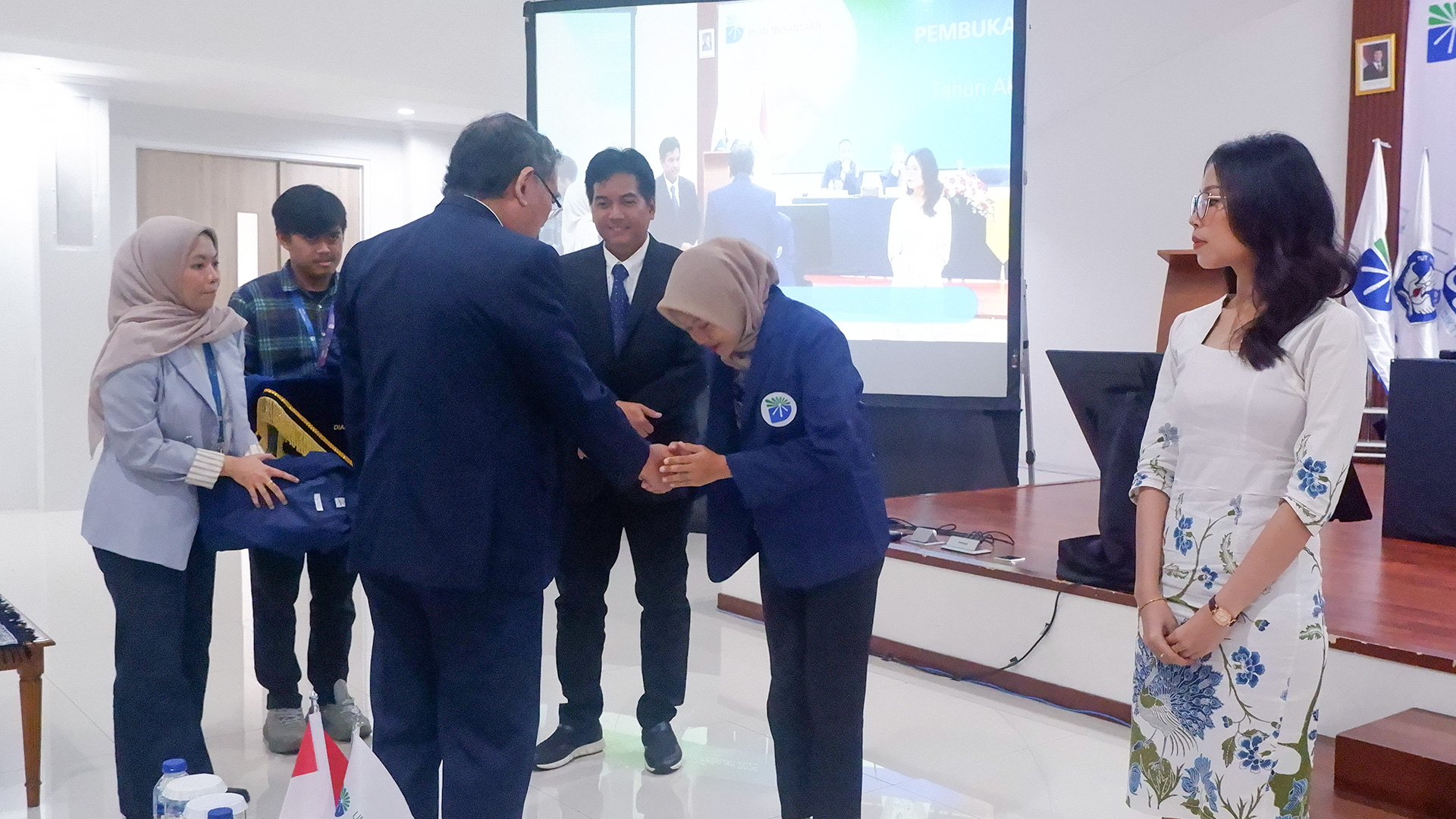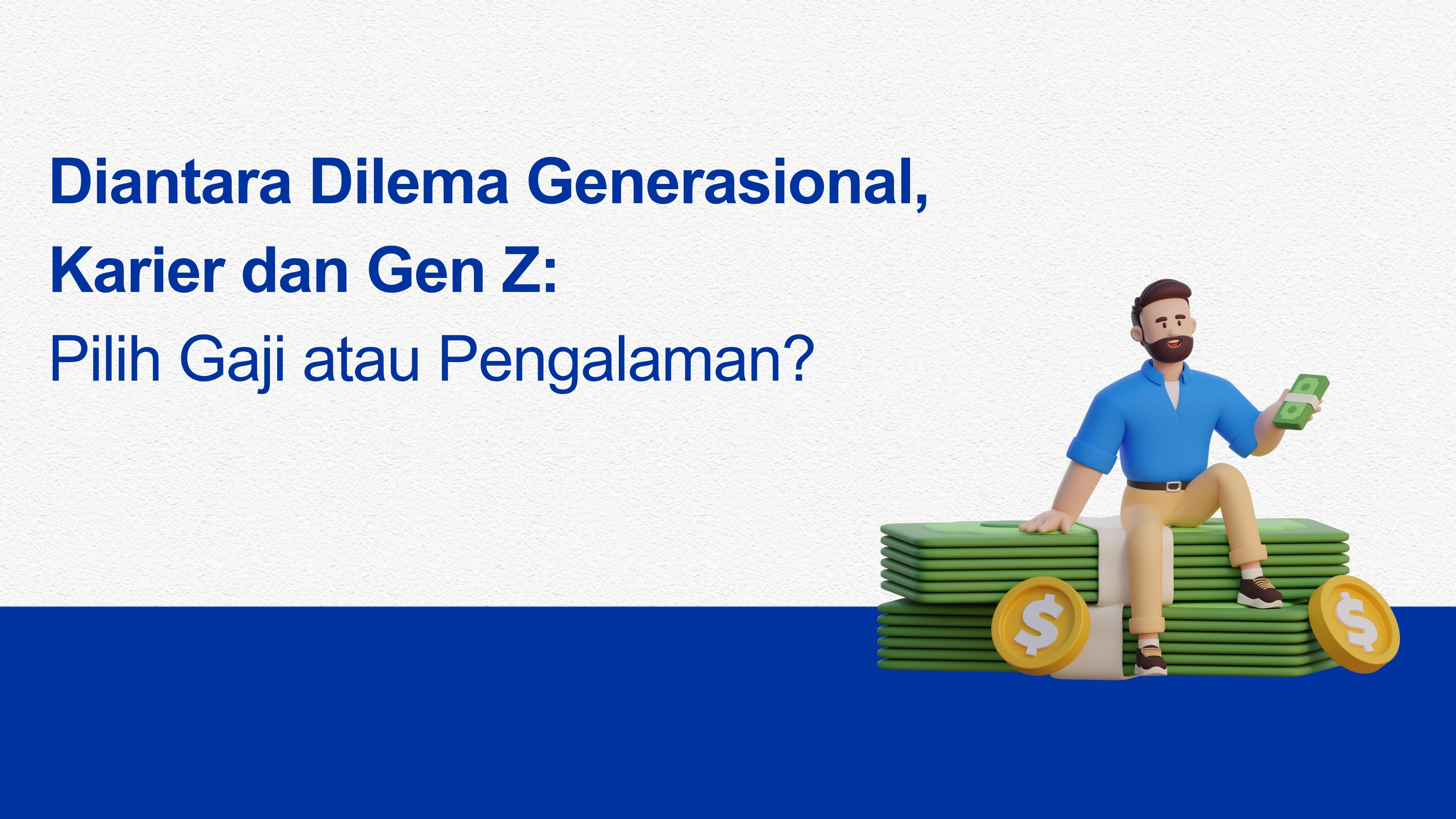The Impact of Tapera on Indonesian Workers: Analysis and Predictions

On May 28, 2024, President Joko Widodo stated that in accordance with the issuance of Government Regulation Number 21 of 2024 concerning Amendments to Government Regulation Number 25 of 2020 concerning the Implementation of Tapera. In Article 55 of the PP, which was emphasized on May 20, 2024, President Jokowi regulates every worker with a minimum age of 20 years or married to become a Tapera participant. Tapera stands for Public Housing Savings. In general, Tapera functions as a mode of government provision for housing problems for the working class.
The Public Housing Savings Management Agency stated that it had returned Tapera to 956,799 retired civil servants and their heirs worth 4.2 trillion Rupiah. BP Tapera Commissioner Heru Pudyo Nugroho said this was in accordance with the recommendations of the Supreme Audit Agency and Law No.4 of 2016. BP Tapera states that the return of Tapera to participants will occur no later than 3 months after the end of participation. Tapera refunds will be given to participants or their heirs through the Custodian Bank to each participant's account, "The challenge in the process of returning savings is that participants and employers have not updated their data," said Heru Pudyo Nugroho.
Although refunds will be made through various secure and validated processes, this does not close the concerns of citizens about the implementation of this rule. With this Tapera program, there are several implementations such as the existence of a new rule that states a 3% salary deduction. This deduction will apply to company owners there is a deduction rate of 0.5% and for employees there is a deduction of 2.5%.

Even though the Tapera program will be launched in 2027, this program is considered less effective according to the Indonesian people, this is because of the one-sided salary deductions. This deduction is considered to limit the freedom of financial fund management and is also psychologically unreasonable, especially for employees with salaries below the UMR and who already have families.
Many people who have dependents live in a heavy or middle to upper level from aspects such as household needs and fulfillment of secondary needs such as the need for travel. The other side is the use of online loan media such as; Kredivo and Paylater. With the existence of several factors above, realistically, the incorporation of deductions for BPJS Ketenagakerjaan, BPJS Kesehatan, and potentially in some cases - deductions for debt repayment, this will make people's financial management tighter and indirectly increase the burden on the minds of people with salaries below minimum wage standards.
The last thing is the preference of citizens in terms of housing selection strategies. The majority of people already have the concept of living in a simple house or renting (in the form of an apartment, boarding house, or renting a house) according to the location where they work or close to access to public transportation.
If this rule is implemented, the potential exists for people with UMR salaries that are below the standard will have to have several jobs to fulfill their daily lives. This will automatically increase the psychological burden and indirectly have a sociological impact that creates a workaholic culture.
(Kornelia Johana / Humas UNDIRA)
Press Contact :
Biro Humas & Sekretariat Universitas Dian Nusantara
Facebook : www.facebook.com/undiraofficial
Instagram : www.instagram.com/undiraofficial
Twitter : www.twitter.com/undiraofficial
www.undira.ac.id
Other
.jpg)
BEM UNDIRA and YPKI Collaborate on Preventive Efforts Against Cancer Through On-Campus Education
Read more
Shaping the Future for New Academics, UNDIRA Holds the Opening Ceremony of the Even Semester for the Academic Year 2024/2025
Read more
In Between Generational Dilema, Career and Gen Z: Salary or Experience First?
Read more
Campus Tanjung Duren
Jln. Tanjung Duren Barat II No. 1
Grogol, Jakarta Barat. 11470
Campus Green Ville
JIn. Mangga XIV No. 3
Campus Cibubur
Jln. Rawa Dolar 65
Jatiranggon Kec. Jatisampurna, Bekasi. 17432







